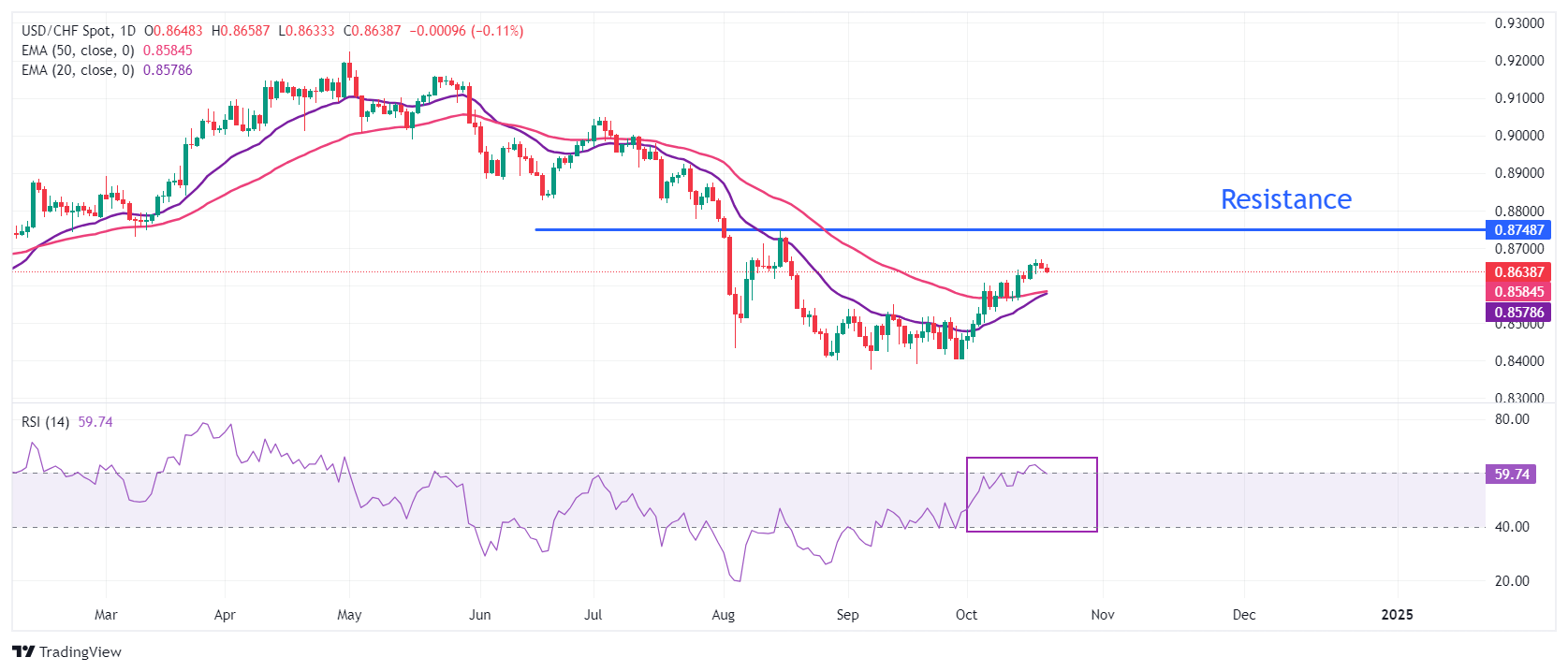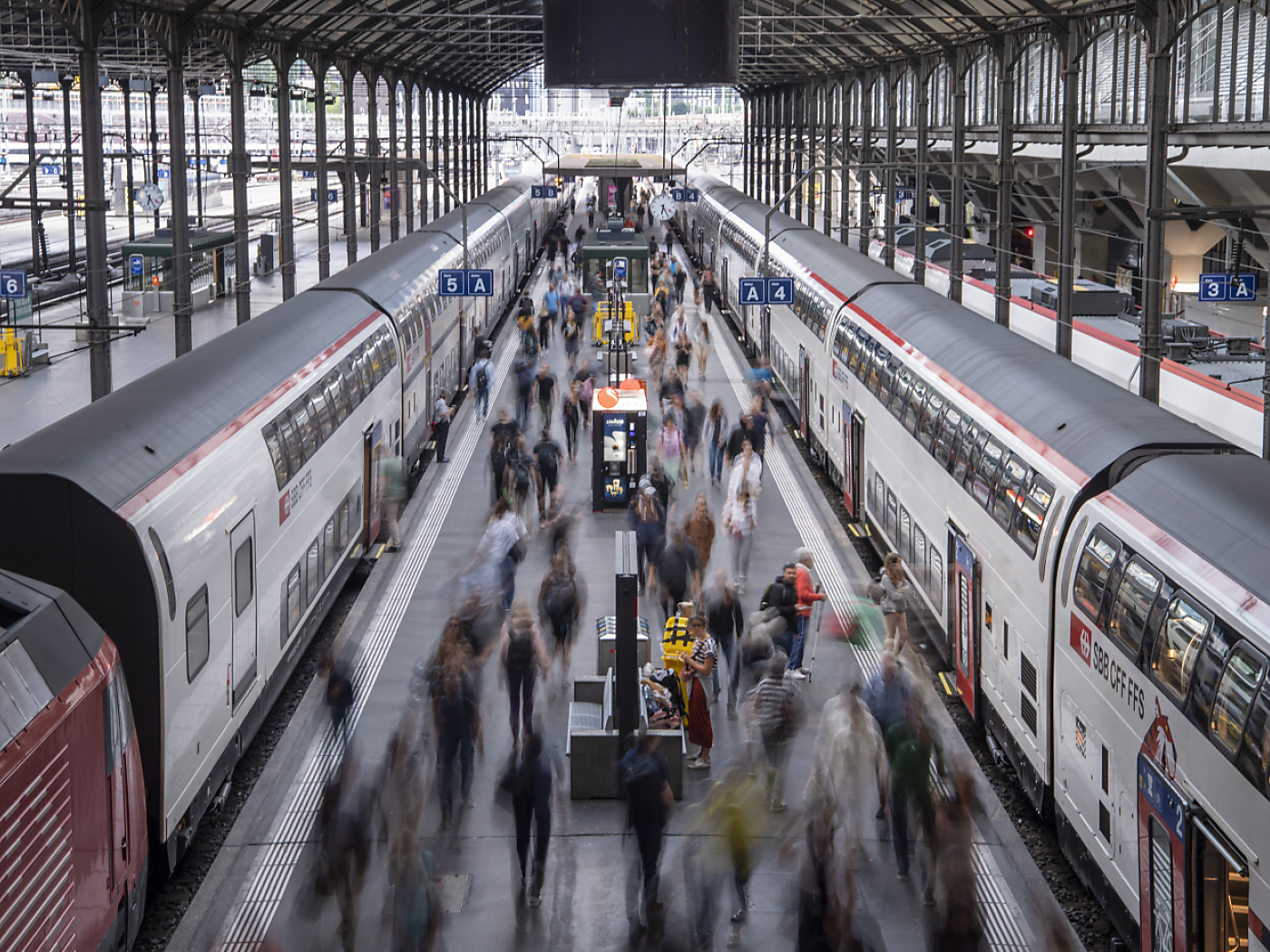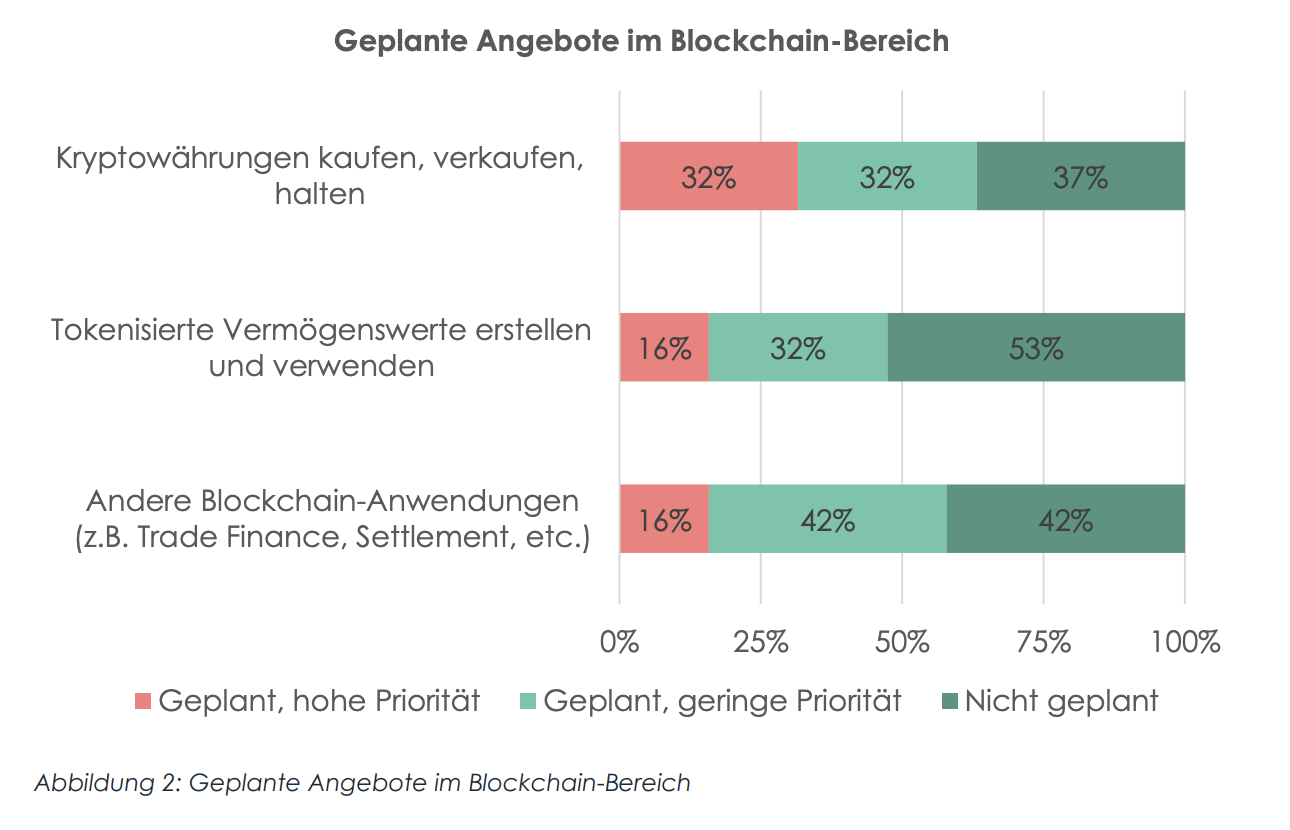The coronavirus has dominated all of our lives in recent months. Radical paths were taken by politicians in the form of lockdowns to contain the pandemic. But we should recognize that even if the coronavirus is a (major) challenge for us, we always have to keep a holistic view of world events. Just as there are epidemiological factors to consider in this crisis, there are also economic, social, cultural, political and other health factors at play. It is precisely these other factors that are so often forgotten in the panicky reporting, in the constant, manic tracking of the current infection numbers, that we want to take a look at in our series “The Costs of Coronavirus Lockdowns” in the coming weeks.
The economic consequences of lockdowns are the easiest to name of the many negative consequences. This is especially the case for small and medium-sized enterprises. While stock markets break new records and upper income brackets can often continue to enrich themselves, restaurant owners, hoteliers and local leisure facilities have to close. Family-owned and small businesses that are embedded in a local community and that have been forcibly brought to a standstill are losing their source of income and finding it difficult to make ends meet – despite massive government aid.
As McKinsey reported in October, 55 percent of European small and medium-sized enterprises fear bankruptcy by September 2021 – mind you, that was before the second wave of lockdowns, back when it was still expected that public life could be kept going for the most part through the winter months. 70 percent of companies experienced steep income losses by September 2020. How these companies will continue to operate month to month and how they can continue as normal after the lockdowns is increasingly questionable. Government subsidies cannot last forever either – and today’s enormous new government debt levels to finance these programs will have to be paid back sooner or later.
More Statistics in Our Costs of Coronavirus Lockdowns Series:































